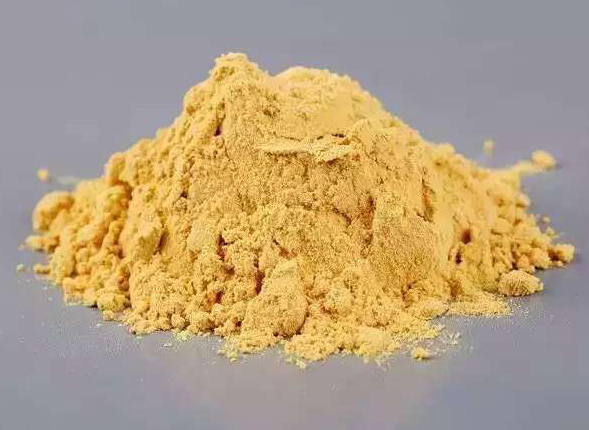Polyaluminium chloride in Wuxi should improve the effect of water purification - attention should be paid to the effect of water temperature
Polyaluminium chloride is mainly used as a flocculant in the treatment of sewage. In the process of using coagulant and coagulant together, it can improve the coagulation effect of auxiliary agents. When a single flocculant can not achieve good results, it also needs to be added medicines. Coagulant aids are usually macromolecule substances, which can improve the structure of flocculants, make fine and soft flocs coarser and denser, and adjust and improve coagulation conditions, such as polyaluminium chloride, are commonly used coagulants.
The mechanism of coagulant is adsorption bridging. For example, for low temperature and low turbidity water, when aluminium salt or iron salt coagulant is used, the flocs formed are generally small and loose, and are not easy to precipitate. When a small amount of activated silicic acid is put into the floc, the size and density of the floc will increase and the settling speed will accelerate.

Water temperature has a significant effect on the coagulation effect of polyaluminium chloride. Low temperature water flocs form slowly, the flocculant particles are fine and loose, and the precipitation effect is poor. When the water temperature is low, it is difficult to obtain good coagulation effect even if the coagulant is overdosed. There are three main reasons.
1. Low water temperature affects hydrolysis of inorganic salts: hydrolysis of inorganic salts coagulant is endothermic reaction, which is difficult to hydrolyze at low temperature, resulting in slow hydrolysis reaction. For example, the hydrolysis rate constant of aluminium sulfate decreases by 60%~80% and the hydrolysis rate of aluminium sulfate is extremely slow when the water temperature is 5 degree C.
2. High viscosity of low temperature water: high viscosity of low temperature water weakens Brownian motion strength of impurity particles in water, reduces collision opportunities, is not conducive to colloidal particle coagulation, and decreases coagulation effect. At the same time, shear force of water flow increases, which affects the growth of flocculants. This is why the amount of coagulant used in winter is higher than that in summer.
3. The hydration of colloidal particles in cryogenic water is enhanced: the hydration of colloidal particles in cryogenic water is enhanced, which hinders the coagulation of colloids, and the adhesion strength between particles is affected by the increase of viscosity and severity of water in the hydration film.
In order to improve the coagulation effect of low temperature water, the common method is to add polymer coagulant aids, such as activated silicic acid, which can bridge the negative charge colloids in water. If used together with aluminium sulfate or ferric chloride, the dosage of coagulant can be reduced and the density and strength of flocculant can be increased.
Lvyuan Water Purification Material Company is a polyaluminium chloride manufacturer with quality assurance and rich experience. It can give reasonable water purification suggestions according to the actual needs of customers for high-standard water treatment, so that enterprises can get twice the result with half the effort in the process of sewage treatment.
